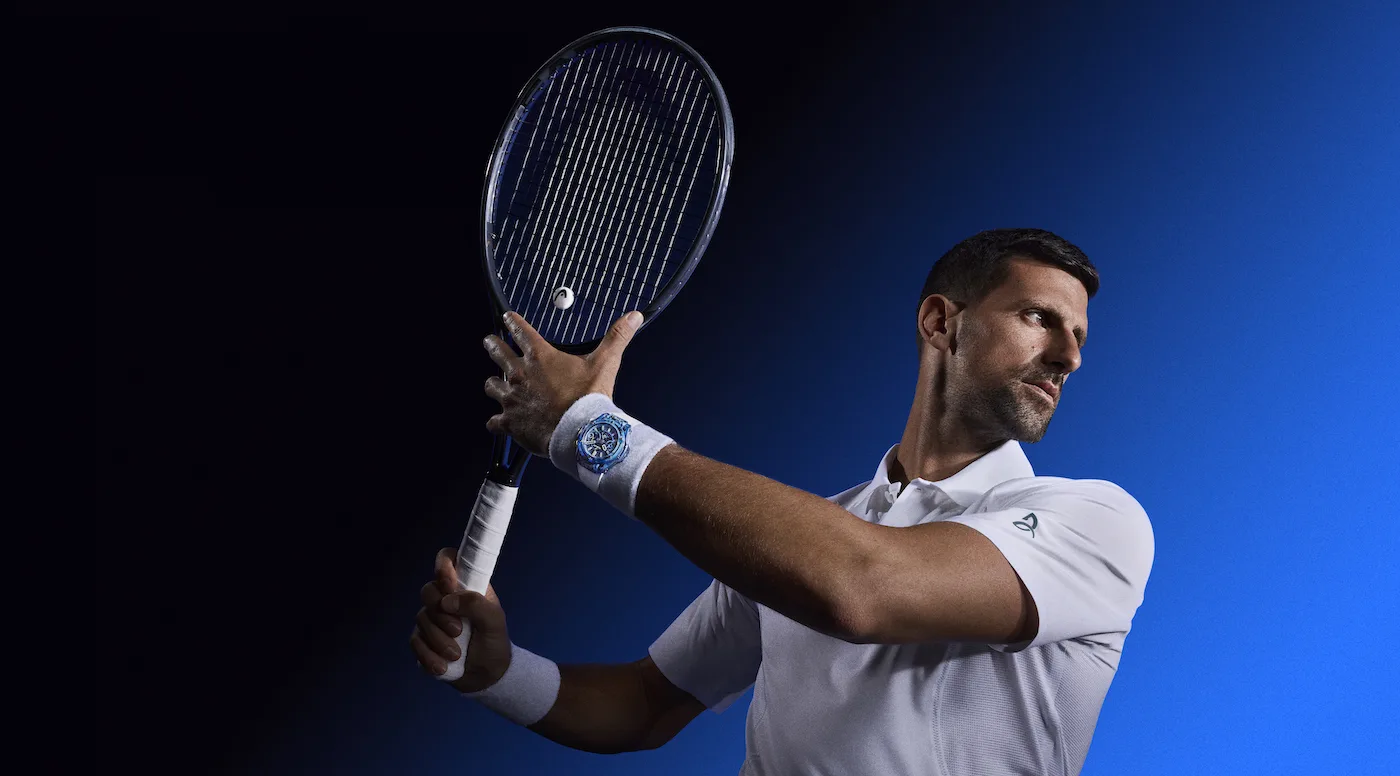Marek grew up in a family of car fanatics. Their passion sparked his interest on industrial design, which he developed in his university studies, specialising in Vehicle Design at the Royal College of Art in London. As Chief Creative Officer of Aston Martin Lagonda, he’s been producing one amazing machine after another for the iconic British car manufacturer, keeping the appetite of the market for their cars in extremely good health.
“Design is innate to the human race. As far back as cave paintings we can see examples of design, from the hunting tools represented to the drawing of the story itself.” Marek’s statement may seem bold but I do agree with him. Design seems to be a primordial factor in human evolution. Einstein famously said that without imagination, knowledge is meaningless. Marek is definitely in the Nobel Prize winner’s camp on this. For him, design is not just about aesthetics, “Design is thinking about a problem and how to solve it, engineering is the mechanical solution.” For Marek, it was the love, passion and compassion he saw at home when he was a child that inspired him to study design. “Furthermore,” he adds, “we enjoyed finding solutions to problems together, as a family.” As I suggest if maybe he feels that at its very core design is a warm and fluffy thing, he laughs and replies, “Yes, maybe I do.”
Design is integral to the human race…
– Marek Reichman

Professionally Marek started his career in Rover in 1991; from there moved to BMW Designworks in California, where he led the design direction of Land Rover before moving to Aston Martin in 2005 as Design Director. Over the years, he has brought into the 21st century the design of possibly the sexiest British automotive brand that there is, keeping their cars current and desirable in a market where competition is really tough. When asked about how he first approaches the design of a new vehicle, he doesn’t hesitate in his answer, “First you need to find what the true meaning of the brand is and if there isn’t one, then you need to use design as a differentiator, find a strong message and bring it all together with as much simplicity as possible.”
And that is exactly what he did when he arrived at Aston Martin. For a while, the new models rolling out of their production line had been quite predictable, with front ends far from the feline sporty shapes the Gaydon-based brand had become famous for. “My approach when I arrived at Aston Martin was that of problem-solving. I really wanted to make a difference so I asked myself, ‘If I was an Aston Martin owner, what would make me want to buy another model, and then another’ and I realised the changes in design had to make the cars more assertive. They were always incredible sport cars with amazing sound and performance but needed to cement their personality, and that is what I set to do.”

Examples of his creativity and staggering skill as a designer include Aston Martin One-77, DBS, Rapide, Vanquish, Vulcan, DB10, Vantage, Superleggera, DB11, and most recently their very first SUV – DBX – and the hypercar Valkyrie.
From all of them, Marek reckons it was One-77 that secured the new image of Aston Martin. The model from 2008 went on to win several internationally renowned design awards including, among others, the Concorso d’Eleganza Design Award for Concept Cars and Prototypes and the Good Design Award by the Chicago Athenauem: Museum of Architecture and Design in North America. Even 12 years later, he feels “it’s still one of the cars with the most exciting proportions that exists. Six cylinders of the V12 sit in the cabin with you. It is a wild animal.” Marek has similar expectations for the ultra hypercar Valkyrie. “The future of the brand is in mid-engine, GT cars,” he states.
At present though, it is their first SUV, Aston Martin DBX, the one that keeps selling faster than they can manufacture them. Marek’s past experience with Range Rover, Discovery, etc in California made him understand from the very beginning the value of such a product, “Easier to use and more practical but still with that Aston Martin look and feel that makes people turn their heads.” DBX was based on the principles of beauty, luxury and driving mechanics. Designing it, there were some challenges, among them Marek mentions making sure it had “the right wheelbase, the right overhangs, the right roof height…”
They say that artists are never 100 percent happy with their work. Design is no different. “There is always something else you want to do or to improve but part of growing as a professional is to know when to let go. You need to realise when you are entering the plane of diminishing returns and stop, then move on to the next project.” The support of Aston Martin’s new owner, billionaire Lawrence Stroll, seems to be playing a major role in the revamping of the brand’s future product line. “He understands luxury because he is a consumer of luxury products,“explains Marek, “and he understand brands. He made Tommy Hilfiger successful, Michael Kors and even the success story of Ralph Lauren is partially thanks to him.” At the end of the day, luxury is about desire, not necessity or practicality and Mr Stroll is definitely in the right place to understand how to make someone that can buy anything want to buy a specific product.

“To me,” Marek continues, “luxury is what your heart desires. It doesn’t necessarily mean it has to cost millions, but it has to be perfect, like a perfect coffee in a sunny square in Rome, after having seen Roman Holiday a hundred times growing up.”
Although Aston Martin doesn’t plan to produce electric cars until at least 2025, Marek is already thinking of the opportunities electrification will bring to him as a designer. “With electric cars you are not constrained by the engine or the gearbox that have to be in a particular place, but at the same time there are other challenges. It may be for example that we go back to how it was in the 1920s; you bought the chassis separately and then chose the sort of body style you wanted to have fitted.”
When asked about his favourite car of all times, Marek answers without hesitation, “The Ford GT40,” then he goes pensive and adds, “it was 40 inches high, created just to beat Ferrari so there was no compromise in its design or manufacture.” In the realm of everyday cars from the past, his pick is MINI. At 6’4” of height, it can’t be easy for him to get into that car and yet he said, “once I made a trip in a MINI with another three blokes as tall as me. It was incredibly fun.”
Luxury is what your heart desires. It doesn’t necessarily
– Marek Reichman
mean it has to cost millions, but it has to be perfect…

It seems that emotional and physical connections are important to Marek. I am not surprised. We humans are multi-sensorial, multi-emotional beings so as a designer, it makes sense that he considers good design “being about the tactility of things, the materials used, the presence it has and how it makes you feel.”
With the heavy schedule he keeps and the multiple projects on his plate, I wonder what Marek Reichman does to chill. “I live by a river so I love kayaking,” he replies, “I also love skiing and cycling.” I can’t help but feel that he may be a bit of an adrenaline junkie. This past summer I had the privilege to drive with him up the hill at Goodwood in an Aston Martin Speedster at mind-boggling speed. “I love the nerves before the adrenaline kicks in,” he confesses. Nerves or not, he looked as cool as a cucumber as we flew around the track. “I see every day as a lucky day that must not be wasted so I love being active and trying new things. I guess this is also how I seek solace, through doing things, climbing something, swimming somewhere new.”
I definitely look forward to seeing what Marek Reichman’s creative mind comes up with next. I ask him, but he just smiles secretively and says, “Just watch this space.”

















Show Comments +